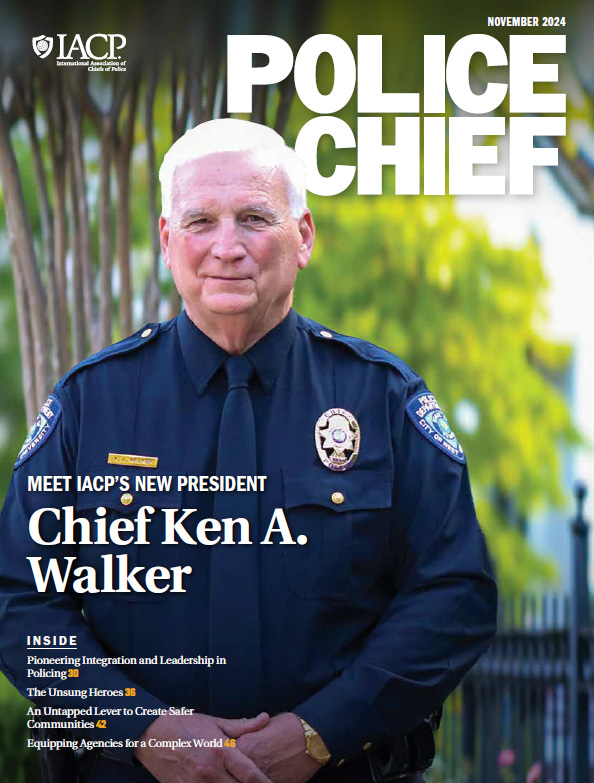Share
Law enforcement leaders must practice the art of self-care. The position as the chief executive law enforcement officer of a department requires one to constantly channel his or her inner voice and fi...
Share
Along with the American Heart Association and the American College of Cardiology, nine other professional organizations have voiced support for new guidelines to lower the numbers for what is consider...
Share
The President’s Task Force on 21st Century Policing’s recommendations focused on concerns for officer safety and wellness.1 Concurrently, the scrutiny of use-of-force policies and training has inc...
Share
For 50 years, police psychologists have taken an increasingly central role in many police organizations. Unfortunately, a significant gap exists between what psychologists do for law enforcement agenc...
Share
It is becoming widely acknowledged that fatigue is a critical and pervasive problem in police personnel. This recognition has been driven largely by research on the topic that shows police officers t...
Share
As much as the law enforcement profession and its leaders strive to prevent the line-of-duty deaths of law enforcement officers, this worthy goal will never be fully achieved because the circumstances...
Share
How many times do officers decide against discussing their daily activities with their family for the sole purpose of wanting to protect them from all the negativity and toxicity a job in law enforcem...
Share
A study conducted over an eight-year period (2008–2016) by Badge for Life shows that the rate of suicide in 2008 for law enforcement was 17 per
100,000 officers. This compares to a rate of 11 per 1...


